 Returning to the place she grew up in the Austria countryside to visit her ailing father, Sonja, a successful actress, finds herself greeted with an underlying hostility from her sister. Sonja is viewed by her sister as having complete freedom to live life the way she wants, but underneath Sonja's exterior lies sadness from an individual who feels like she is playing a role, not even capable of knowing her true self anymore. Gotz Spielmann's Oktober November is a pensive family drama that reveals itself slowly and with subtlety, being a film that examines the relationships that exist between life, death, and family. Through these characters, Oktober November encapsulates how all of us are truly just floating through life, never capable of digesting all of its joys and pains, and though we may not make all the right decisions, most of us are simply doing our best. Through this type of idealism, Gotz Spielmann has crafted a film that has very poignant characterizations, my favorite being the sister, a woman who has been taking care of her father her whole life, never leaving their childhood home and resenting her sister because of it. She views her father as a burden to her freedom, but what makes her character so interesting is how she suffers guilt from having such thoughts when her father is clearly dying. The film does a lot of fascinating things as a family drama, drawing enticing parallels between these two sisters and their mother with nuance, in a way that lets just say captures genetics on an emotional level. Featuring a narrative with a few surprises and well written moments of introspection, Oktober November captures how through death, two sisters are able to reconnect, bond, and realize how they are both similar, though they may be suffering from unique problems. Being far more about life than death, Gotz Spielmann's Oktober November truly captures how death is merely a bittersweet aspect of life, delivering profound moments throughout,particularly in how it explores the constant strain which can exist between individuality and family.
0 Comments
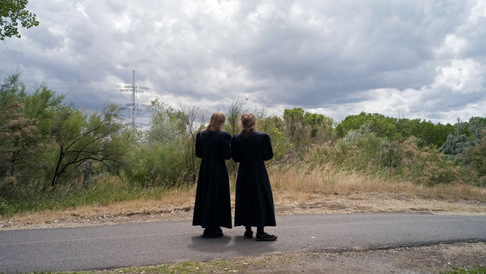 Amy Berg's Prophet's Prey provides an in-depth education on the Fundamentalist Church of Latter Day Saints, a extremist christian group that split off from the Mormon church due primarily to their desire to continue the practice of Polygamy. Focusing on their leader, Warren Jeffs, a man who rose to Prophet in the church, Prophet's Prey details the extreme control and power this man was able to weld in the name of god, expanding the church's practices and his own personal power to levels never seen before in the FLDS. Examining Warren Jeffs life, Prophet's Prey is a harrowing portrait of the extreme dangers associated with blind faith, revealing how Warren Jeff's was essentially a madman leading a super obedient congregation of members who indirectly allowed Jeff to do whatever he wanted out of fear of being punished by god. The monstrocities Warren Jeff is able to commit under the veil of religion is downright sickening, whether it be extorting and/or overworking his congregation, to even more heinous acts like extensive child molestation and rape, Warren Jeff could only be described a tyrant after watching this film, a man of extreme power due to his congregation who blindly follows him. While there have been a good amount of films about extremist christian groups, Prophet's Prey is able to stand out due to its ability to capture the very simplistic viewpoint of such groups. With the FDLA it's simple, you are either with us or against us, and the films reveals just how far this group is capable of going, tearing families apart and expelling individuals from society in an effort to maintain control. From a filmmaking perspective Prophet's Prey is a solid albeit unspectacular effort, which relies a little too much on talking heads and a very streamlined, straightforward narrative structure to deliver its powerful tale. One choice by the filmmakers that I particularly liked was the use voiceover of Warren's sermons throughout the film, as his voice hangs over the story-line, a constant reminder of his tyrannical and authoritative grip this man has over his congregation. Detailing the rise to power of a monster in Warren Jeff, Prophet's Prey is a terrifying portrait of a fundamentalist christian community and just how far people are willing to go for their beliefs.  David Wain's They Came Together is a self-aware romantic comedy that takes great pride in skewering and/or subverting every trope of the genre it can. The story itself centers around Joel, who works for a big corporate candy company, and Molly, the owner of a small, independent candy shop, whose paths cross due to their professions. At first the two despise each other, for obvious reasons, but amazingly they both begin to fall in love as they get to know one and other. From David Wain, the mind behind Wet Hot American Summer, They Came Together is as wacky and ridiculous as one would expect, and while the film does at times succumb a bit too hard to its one-trick nature, the trick is elaborate and intricate in its approach, providing a lot of laughs from start to finish. The film even begins in a very meta way, finding Joel and Molly at dinner with another couple, sharing the story of when they first met, with Molly herself even lamenting on the fact that their story sounds like something from a movie, not real life. From there, the viewer is introduced to these characters story, where everything about the romantic comedy genre is teased and deconstructed. From the music itself, to talks about fate and happenstance, They Came Together winks and nudges throughout its 85 minute running time with reckless abandoned. The film may become a little one-note for some, but luckily for most, the charisma and charm of its two leads, Amy Poehler and Paul Rudd, keep the film enjoyable and full of laughs from start to finish. Featuring a load of cameos throughout its running time, including a memorable Michael Shannon appearance towards the end, David Wain's They Came Together is a hyper-realized take-down of the romantic comedy genre that keeps the laughs coming from start to finish. 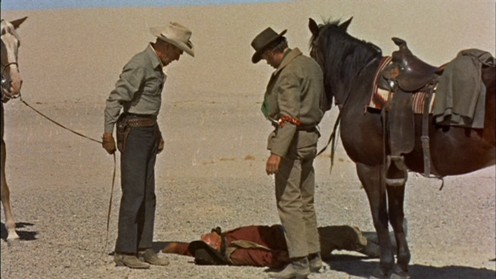 Budd Boetticher's Seven Men From Now is a lean, fast-paced, low-budget Western which tells the story of Ben Stride, a former Sheriff, who trudges through the Wild West in pursuit of the men responsible for the murder of his wife in a holdup. This is a film that could be classified as an "on the road" film, as nearly the entire film takes on the move, with Stride befriending a husband & wife, Mr. & Mrs. Greer, along the way. Boetticher has such a strong ability to touch on complex aspects of humanity through sleek, straight forward storytelling, with Seven Men From Now examining the potential moral deterioration of its main protagonist, a man who effectively turned his back on the law in order to hunt down and kill the men responsible for his wife's death. While there is a lot to admire about Seven Men From Now's no-nonsense approach, what stands out the most about Budd Boetticher's early effort is how it uses the Western genre as a tool to deconstruct masculinity, with Boetticher questioning the convention of toughness. Doing so in a genre steeped in masculinity, Seven Men From Now questions the role masculinity plays in conflict, using the relationship that develops between Ben Stride and Mr. & Mrs. Greer to do so. Adding a layer of complexity to a straightforward narrative, the introduction of this married couple is where Boettcher's intentions become more clear, with Mr. Greer being a much gentler man who is relatively worthless when it comes to the rough-and-tough wild, wild west. The couple first meets Ben Stride due to having their carriage stuck in the mud, and as the journey unfolds it becomes clear that Ms. Greer does find herself attracted to Ben Stride, a man who is oozing with stoic, masculinity. Boettcher uses these character dynamics to explore masculinity in fascinating ways, suggesting that it conflicts with love at a fundamental level, while simultaneously suggesting that the female gaze seeks it out, a primal tendency to find someone who can take care of them. Towards the end of the film Mr. Greer eventually is killed for "being a man", as if Boetticher rejects of this whole idea of masculinity, capturing how it is bound to bring death eventually. It becomes clear that even Ben Stride's wife's death may have been avoided if not for masculinity-based pride, with Stride revealing that the only reason his wife was even working as a clerk was his inability to accept a lesser position of power in law enforcement. Featuring memorably performances by Randolph Scott and Lee Marvin, as one of the main antagonists, Seven Men From Now uses a simple, straightforward story to raise fascinating moral questions as well as contemplate the role masculinity plays in both love and conflict. 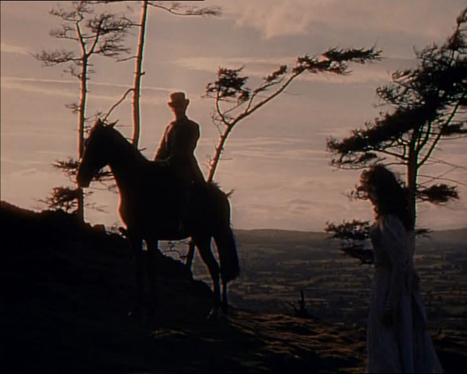 Michael Powell & Emeric Pressburger's Gone To Earth is a lesser celebrated film from the iconic filmmaker's canon which tells the story of Hazel Woodus, a beautiful, innocent, and naive country girl who feels more kinship with nature and the woodland creatures than human beings. Living a simple, impoverished life with her father, Hazel soon finds herself entering into a romance with the local squire, Jack Reddin, who couldn't be more different but is none-the-less struck by Hazel's beauty. Obviously there is a bit of a conflict between Jack and Hazel, given Jack's penchant for hunting down local animals that inhabit the area, and their loveless marriage soon leads Hazel to begin an affair with Edward Marston, a much more sensitive man with nowhere near the same financial means. Characterized by many as merely Victorian Melodrama, Michael Powell & Emeric Pressburger's Gone To Earth has much more to offer, being a brooding, atmospheric film about nature itself, examining the destructive qualities of humanity and the savage forces of masculinity. The first thing that comes to mind when discussing Gone To Earth is the beautiful aesthetic, with Powell & Pressburger using technicolor to perfection in capturing the beauty of nature which man inhabits. From the piercing blue skies that hang over these characters, to the sun-kissed fields and landscapes, Gone To Earth brings nature itself to life, making it a character in this tragic tale of a woman who is unable to escape her own fate. The characterizations in Gone To Earth are fascinating in their own right, but what makes this film so interesting to me is how they essentially serve as a metaphor for man's relationship with nature. I'd argue that Hazel herself is symbolic representation of nature, and possibly feminism, being the daughter of a gypsy and a sensitive animal lover who lives a tranquil life where she is one with nature. As the film progresses it becomes apparent that Hazel's own innocence and naivete will eventually lead to her undoing, as she becomes a character trapped between the wants and desires of two men, being at their mercy, which inevitably leads to her destruction. Using a Victorian melodrama to dissect humanities relationship with the forces of nature, Michael Powell & Emeric Pressburger's Gone To Earth is a beautiful-looking technicolor treat. 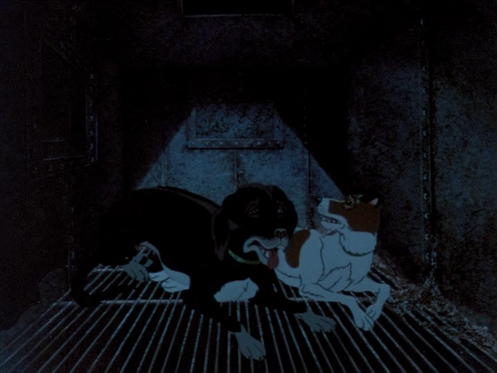 Similar to his prior acclaimed animated film Watership Down, Martin Rosen's Plague Dogs is a a beautiful animated feature that is more appropriate for adults than children. The film tells the story of two dogs, Snitter and Rowf, who escape from a government research lab. As the authorities attempt to hunt down the canines quietly, Snitter and Rawf manage to survive in the wild and evade their pursuers thanks to the help of Tod, a cunning fox. As rumor spreads among the humans that the dogs which escaped may carry some type of plague, the research labs efforts to recapture the dogs escalates. Featuring a powerful and emotionally potent ending, Martin Rosen's The Plague Dogs is a bleak story full of despair which uses the exploits of two canines to speak to the cruelties which Mankind brings to the world and nature. What has always impressed me about Martin Rosen's work is his ability to inhabit the headspace of his characters, in this circumstance canines, showing an astute ability to write dialogue for different animals in a way that just feels genuine. Creating a unique perspective of man through the eyes of a canine, Rosen delivers a powerful tale of two animals in search of their "master", who ultimately are unable to escape the cruelties of mankind. Whether it be news reports, researchers discussing next steps, or concerned community members, the use of voiceover in The Plague Dogs is particularly well executed, effectively establishing how these dogs are merely at the mercy of a world they cannot hope to understand. Too bleak for children, Rosen uses The Plague Dogs to raise tough questions about man's impact on nature, with Snitter and Rowf being animals who simply struggle to survive outside of the confines of the man-made world they typically inhabit. Featuring a emotionally startling finale, The Plague Dogs is another strong effort from Martin Rosen, being another strong reminder that animated films don't have to be exclusively for children. 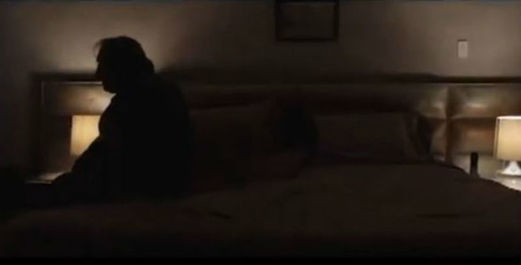 Based off the events of the real-life Strauss-Kahgn case, which found a french diplomat charged with sexual assault and later acquitted due to lack of hard evidence, Abel Ferrera's Welcome to New York is a powerful film about the influence power and money has over our criminal justice system, doing so in a way that only Mr. Ferrera seems capable of. In this recreation of the story we are introduced to Mr. Devereaux, a powerful French diplomat with a frenzied sexual hunger that is unquenchable. Ferrara simply couldn't have cast anyone better for the role than Gerard Depardieu, who personifies this gluttonous pig of a man who is completely intoxicated by his own power and sexual desires. Depardieu snorts and snarls during his character's sexual exploits, giving the character a very animalistic quality, personifying a man who has let his primal nature consume him, where intellect and morality are thrown by the wayside. Ferrara is a filmmaker that has never been afraid to examine despicable characters, and with Welcome to New York he ventures into the psyche of this man, revealing how privilege and power enable corruption. With a narrative structure that jumps all around the timeline of this powerful man, Ferrara paints a portrait of a horrible human being, exposing a man who is capable of rape, being extremely dangerous due to his power and penchant for sex. One of the more singular aspects of Welcome to New York is how much the film ventures into the psyche of this man, a man who truly seems to believe he hasn't done something wrong, viewing himself as a victim of the world around him. Through this characters' story Ferrara displays how little the incentive is to stand up for corruption on both an intellectual and psychological level, arguing that it's so much easier to succumb to one's own power when in these situations, using sexual desire and rape as an extreme example of this. Aesthetically pleasing, Welcome to New York uses lighting to great effect, particularly during the darker, sexual exploits of its main protagonist, with the hotel rooms and hallways of his sexual exploits soaked in shadows. Welcome to New York is a seething takedown of corruption and power conducted in a way only Abel Ferrara could provide, pushing the viewer to try and understand the deeper issues into why men of power so often end up doing such vile things. 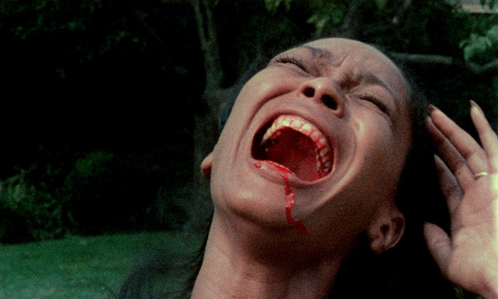 Bill Gunn's Ganja & Hess is a film that is best described as a fever dream, an experimental blend of overlapping image, sound, and voiceover thats power is best achieved in its ability to be at times, a very uncomfortable viewing experience. The film's narrative isn't particularly easy to follow, but it tells the story of Dr. Hess Grreen, an anthropologist of ancient African cutlure who is stabbed by an ancient object, which slowly transforms him into a man with an insatiable thirst for human blood. Being a very low-budget independent film, Ganja & Hess can be difficult to follow from a narrative perspective, but how Bill Gunn uses vampirism to explore African assimilation into while culture is truly impressive. Ganja & Hess is a highly ambitious experimental film with a lot to say, and while I'd argue that some of it is a little incoherent at times, the way Hess makes his argument through surrealism and experimental filmmaking displays an extremely talented filmmaker with fresh perspective and full of of ingenuity. Perhaps my biggest problem with Ganja & Hess is that it meanders a little too much at times, but when the film does get more focused it can be very impressive, having a transfixing-like quality through its use of overwhelming sound and imagery. One aspect of Ganja & Hess I particularly liked is how it explores the difference between teaching and learning, showing how teaching can effectively be a form of repression where the teacher's voice corrupts the ability for true learning of the student, with Gunn clearly drawing parallels to white imperialism over African cutlure. Played with vigor by Marlene Clark, Ganja represents the voice of descent against cultural assimilation ,a woman who begins to fall in love with Dr. Hess, who refuses to not be herself. Ganja doesn't show up for approximately the first 30 mintues of the movie, and it's her arrival that elevates the movie, being where Gunn begins to truly express what he wants to say. Anyone going into Ganja & Hess expecting a typical horror film is bound to be disappointed, but for those more experimental filmgoers, Bill Gunn's Ganja & Hess is a well-crafted film with plenty of ingenuity, raising some though provoking questions about cultural assimilation.  Debra Granik's Stray Dog is an intimate portrait of Ron "Stray Dog" Hall, an aging biker, veteran, and RV park manager who lives in southern Missouri. Being that her last directorial effort was Winter's Bone, I was very curious to see what Debra Granik's Stray Dog was all about, and what becomes apparent very fast after watching the film is Granik's ability to find an incredible subject for a film that is both intimate character study and larger examination of America's treatment of veterans. When first introduced to the viewer, Ron "Stray Dog" Hall feels more like a walking caricature that you would see in a political cartoon in the New Yorker of middle america- a gun-toting, moonshine drinking, tattooed biker, whose leather jacket completely tops it off. What makes Stray Dog so well executed is how Debra Granik slowly reveals the true man under the surface, behind the stereotypes, a man who has been forever changed by serving his country during Vietnam. This is a man who is forced to come to terms with himself on a daily basis, attempting to hide from the horror he has experienced. Being this type of documentary the subject is very important, and luckly Debra Granik knocks it out the park, also showing an ability to capture subtle moments of weakness, sadness, and tragedy in a man who is trying to hard to be the best person he can be. Ron "Stray Dog" Hall has the presence of a man who has lived and been and through a lot, a man who is haunted by his days serving in Vietnam where the death and violence he caused in battle have lead him to believe he isn't a good person. Stray Dog is a portrait of a man who can't forgive himself, being a powerful expose of the suffering many soldiers experience from what they went through, revealing how non-veterans simply can't understand the horror some of these men went through serving their country. Of course what is one of the most infuriating aspects of the film is how many of these men are abandoned and feel left behind by their country, with Ron "Stray Dog" Hall being a major driving force in various initiatives to make sure veterans are helping other veterans, doing all he can to help people even though he at times struggles to forgive himself. Stray Dog captures how Hall in many respects still lives the life of a soldier, only using what is necessary, a simplistic yet resourceful mindset that only partaking in what is indispensable. Debra Granik's Stray Dog reveals a man of true character who offers guidance and warmth to everyone around him, not letting the fact that he has been through so much interfere with helping others. Directed with nuance and grace, Stray Dog is one of the more fascinating "human study" documentaries I've seen in awhile.  Sophie Deraspe's A Gay Girl In Damascus explores the story of Amina Arraf, a Syrian activist whose blog 'A Gay Girl in Damascus' gained a worldwide following during the Syrian uprising. While some probably know the story itself, considering it was well documented across major media news, the film peels back the layers of this incredible story, offering up a host of fascinating questions about the sensationalist media, activism, and most importantly the dangers and troubling aspects of so many people growing increasingly accustomed to spending their lives in the digital world. In the beginning the film takes on the perspective of Santa Bagaria to a large degree, a Montreal professional who became involved in an online romance with Amina. Through Sarah's eyes, The Gay Girl In Damascus feels more like a thriller, as Sarah explains the details of Amina, a Syrian activist, who was abducted by Syrian secret police, leaving Sarah, who cared for her very much, alone only to fear the worst. Amina's blog had reached worldwide notice at this point, and through this segment of the film it brings up fascinating discussions about the power of the internet, with social media becoming a major tool against oppressive regimes -a way for activists to get their message out to the world. A Gay Girl In Damascus captures the weight and tension of living under an oppressive regime, showing how the power of a single voice can influence many others, encouraging them to speak out due to feeling the same way. It is at this point that that the film truly reveals itself, essentially being the most insane catfishing ever documented, one that was able to involve major global media, government intelligence agencies, other activists, and of course Sarah, a woman who had fallen in love. A Gay Girl In Damascus almost feels like scavenger hunt through the interwebs, a detective story where the smallest details reveal the true man behind Amira, a white activist who was living in Stone Mountain, Georgia at the time, who may or may not have some psychological issues. What is so compelling about this film is that it is a personal story of a woman who feels betrayed while simultaneously speaking to more global concerns about morality, activism, and the internet. The persona of Amira's struggle that was created by this man was completely a hoax, but that doesn't mean that everything he created wasn't actually happening at the time to others. This is a film that captures the absolute danger in this, revealing how this hoax hurt the credibility of the true Syrian activists, distracting the major media from the true cause. Having something to say about our agenda driven society, The Gay Girl In Damascus shows how both people themselves and major news organizations do things for themselves, with the 24 hour news cycle moving on from Syria due to their inability for sensationalism. The story gets even more unbelievable as it progresses, just with how far the lies spread, with Sandra being almost the sole victim besides society for letting this type of thing happen. Having a strong cinematic language, The Gay Girl From Damascus is a though-provoking study of human behavior, agenda-driven society, being rather thought-provoking in the number of topics it discusses. |
AuthorLove of all things cinema brought me here. Archives
June 2023
|
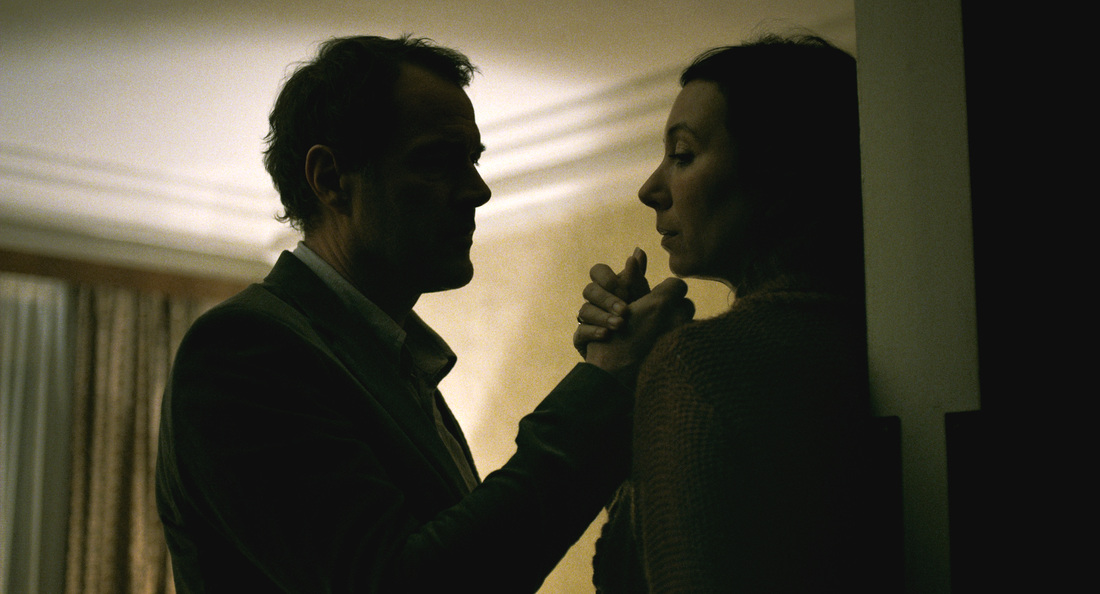

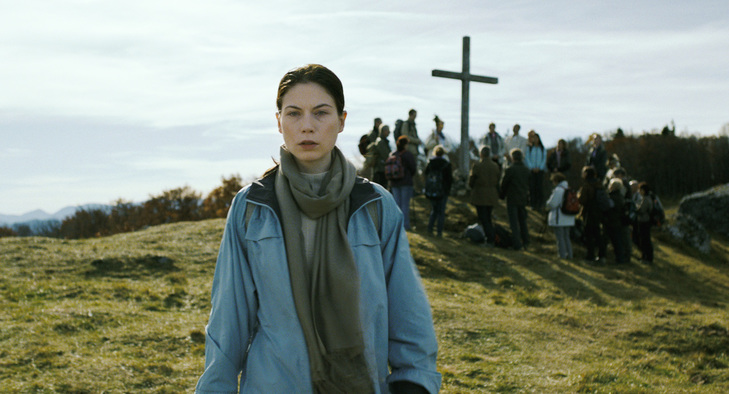
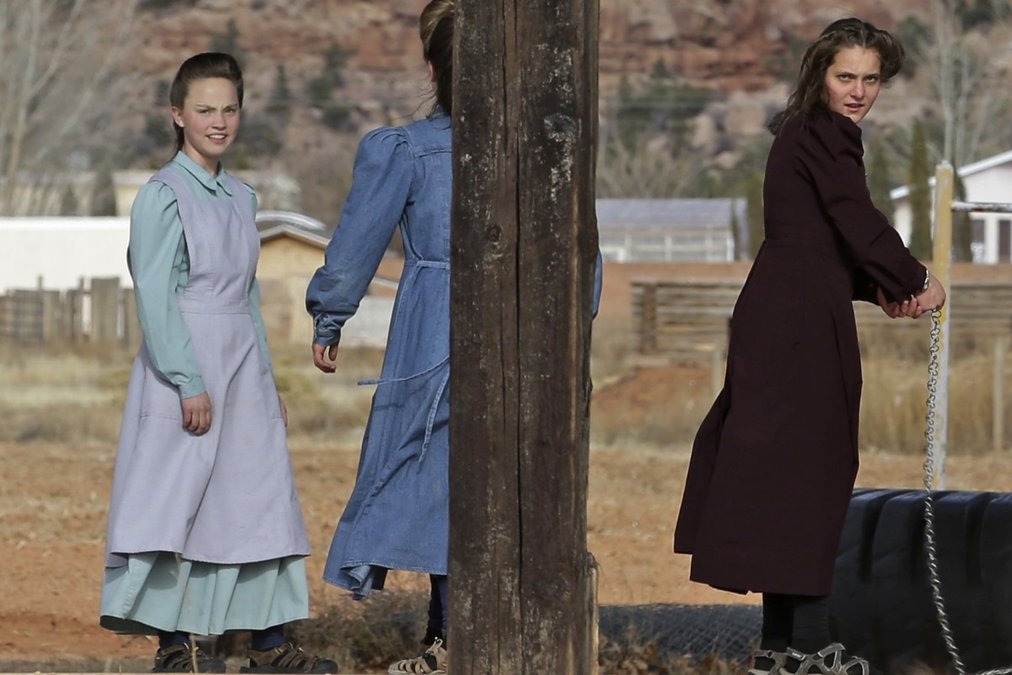

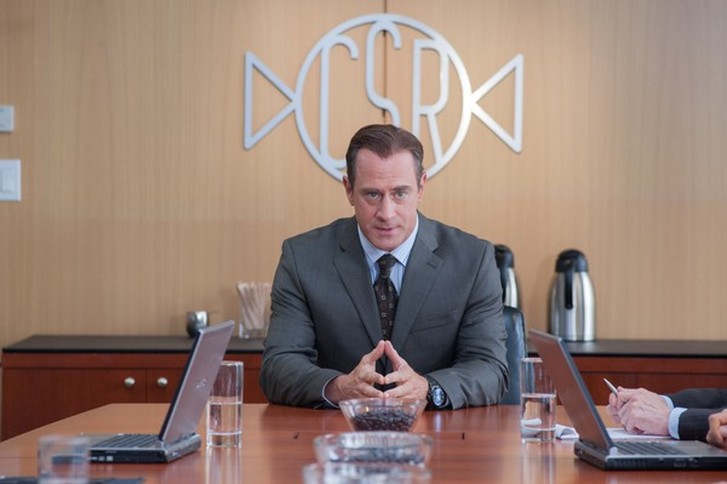
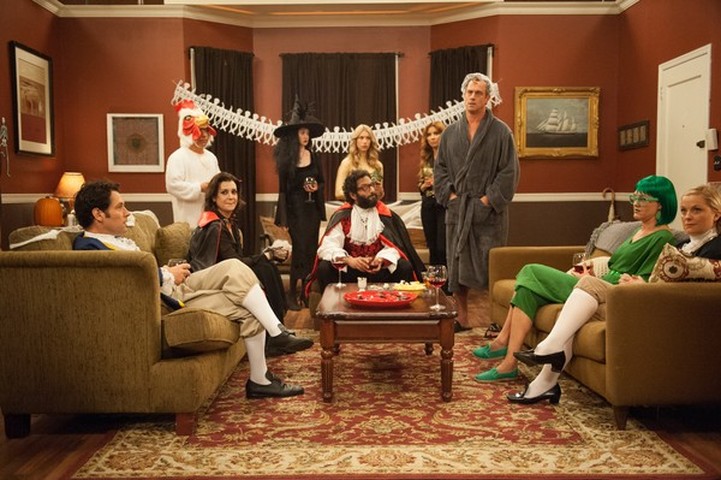

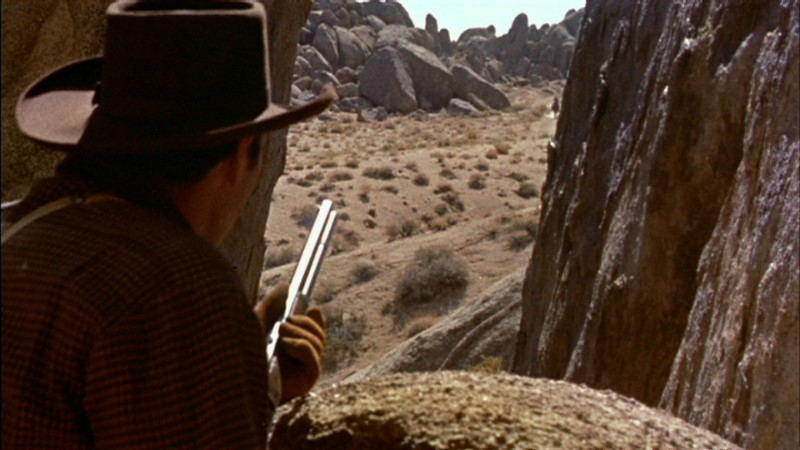
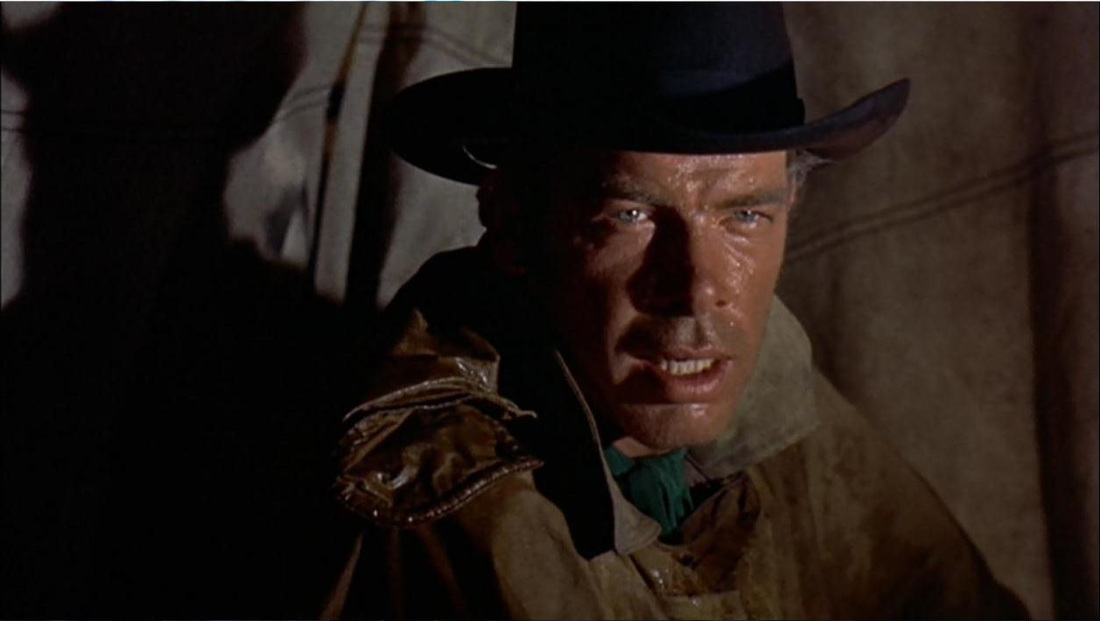
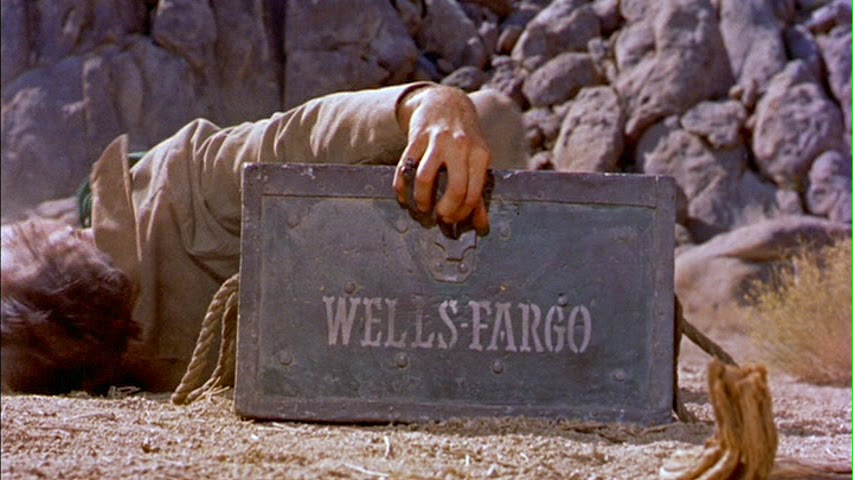
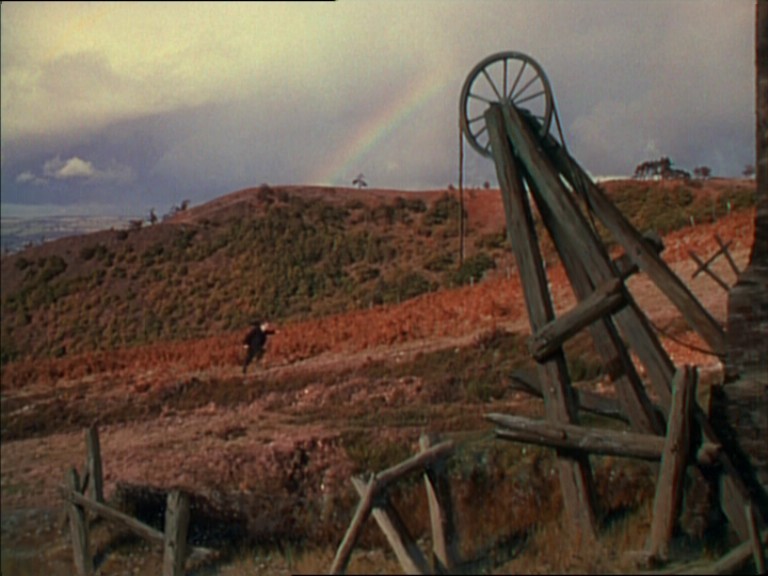
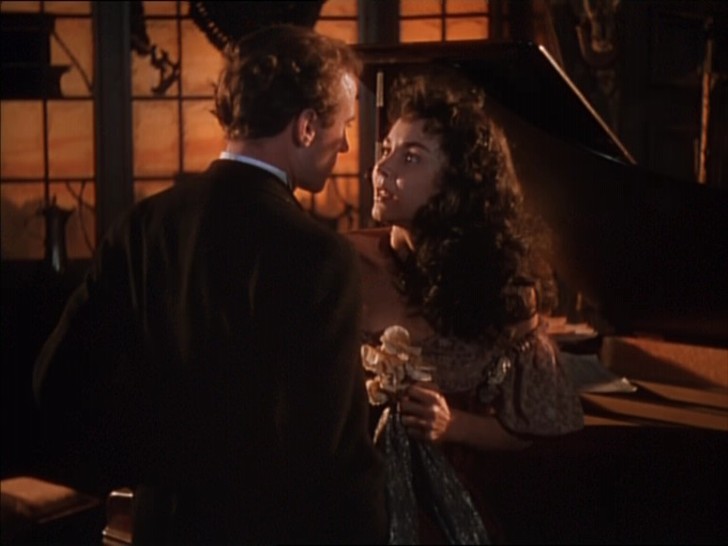
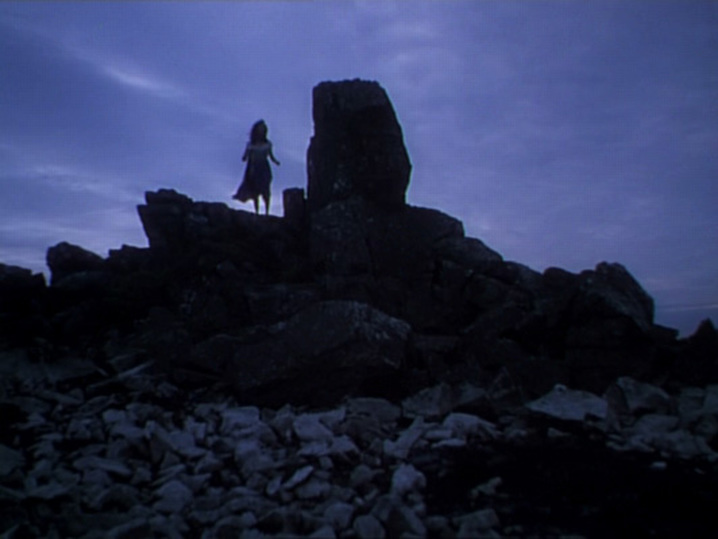
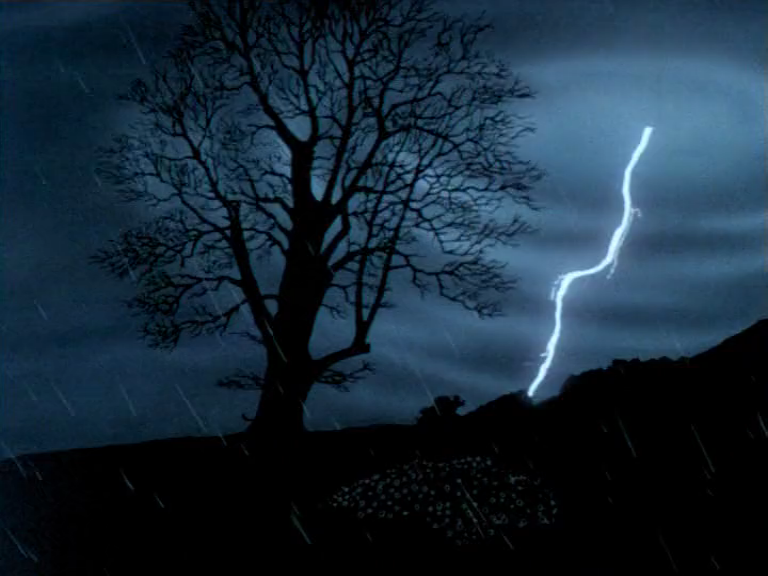
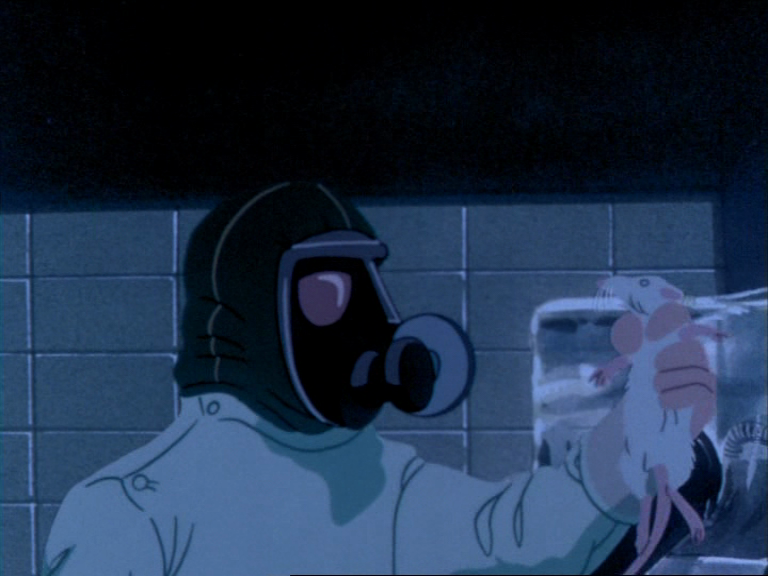

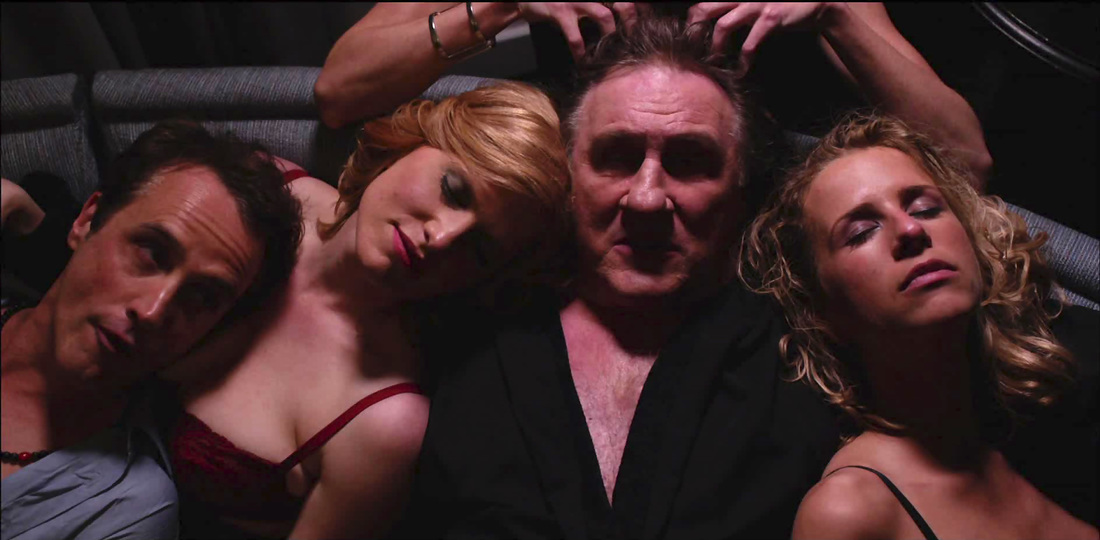

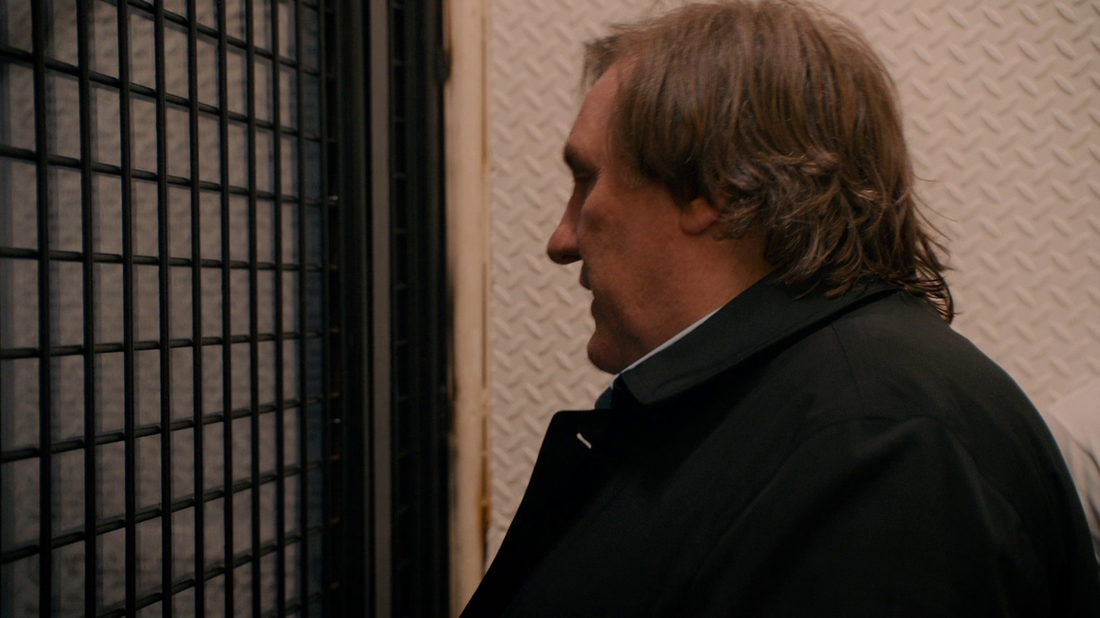

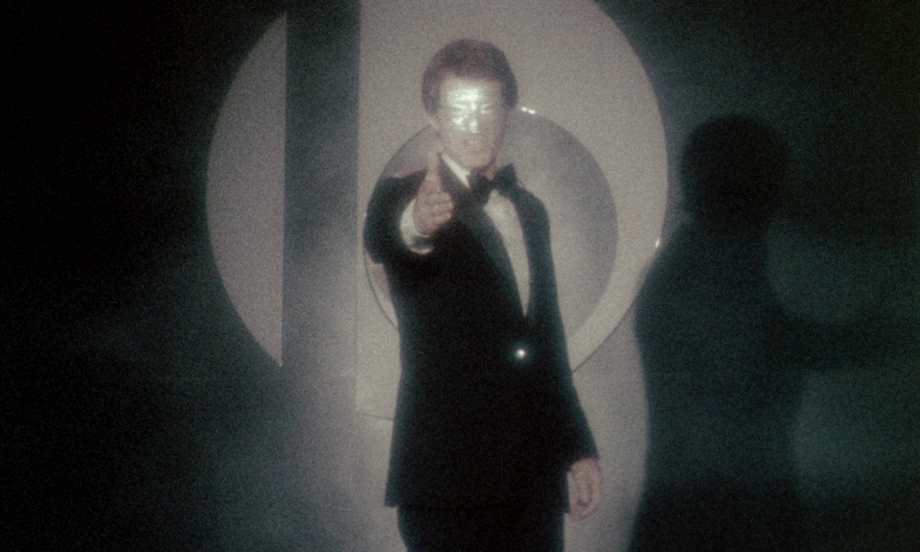







 RSS Feed
RSS Feed
